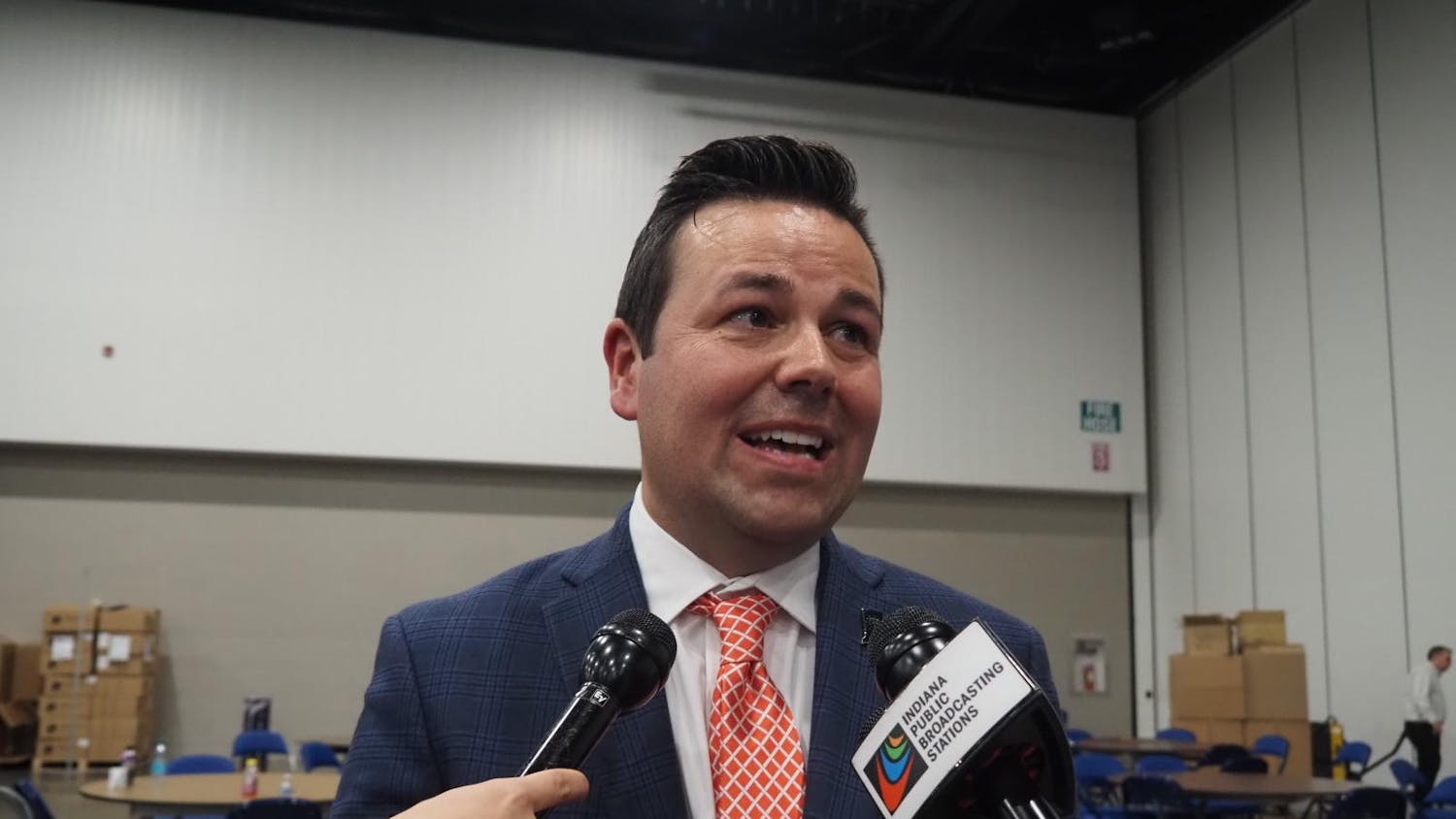By the time you graduate high school, you might – depending on the size of your hometown – know a handful of classmates who have served time in jail or prison.
Some of them might have been locked up for violent crimes, others for comparatively minor offenses.
Chances are, their first taste of incarceration won’t be their last. Often, their lives become characterized by a pattern of criminal deviance and clashes with the law.
Unfortunately, the American criminal justice system shows little sympathy to juvenile offenders. Youth who fall between the cracks are isolated and alienated further by harsh penalties that simply perpetuate criminal behavior under the false disguise of “reform.”
And for some, reform isn’t even an option.
On Monday, the Supreme Court heard oral arguments in two cases, Graham v. Florida and Sullivan v. Florida, each involving a juvenile who was tried as an adult and sentenced to life in prison without the option of parole. Neither Terrance Graham nor Joe Sullivan had committed homicide.
Graham was charged with armed robbery when he was 16, and after being implicated in a second robbery at age 17, he was sentenced to life in prison without parole for violating probation. Sullivan, who has a cognitive disability, was 13 when he was convicted of sexual battery based on the dubious testimony of two older accomplices and also was sentenced to life without parole.
Their argument in their petition to the Supreme Court – that their sentences were unconstitutional according to the 8th amendment, which prohibits cruel and unusual punishment – is certainly justified.
The United States is, in fact, the only nation in the world that still allows children to be sentenced to life in prison without any hope for parole.
These are, perhaps, the most extreme illustrations of the American criminal justice program’s harsh treatment of juveniles. The crimes in question were violent, and to a certain degree, they deserve a harsh penalty. But even when it comes to more inconsequential crimes, the justice system can be proportionately irrational.
When I was in high school, for example, a friend of mine was arrested for stealing a pack of Mountain Dew off the back of a delivery truck. He spent multiple nights in jail awaiting his court date, despite the fact that his theft amounted to less than $10 in value.
We’ve all heard the warning: Keep your life straight, or else you’ll find yourself trapped within the confines of the “system,” which is relentless and unforgiving. But when the justice system perpetuates criminal behavior with- out working actively to reform or rehabilitate individuals – and in particular, juveniles – it is entirely dysfunctional.
If the Supreme Court rules that sentencing juveniles to life without parole is unconstitutional, then America’s penal system will be made more effective and more humane. But I think we are a far cry from having a program that maintains law and order appropriately.
If our criminal justice system operated more out of motives of compassion and support, which is often what juvenile offenders need, rather than uncompromising punishment, then maybe our justice system would be successful in its endeavors to reform.
Life in prison at 13
Get stories like this in your inbox
Subscribe





